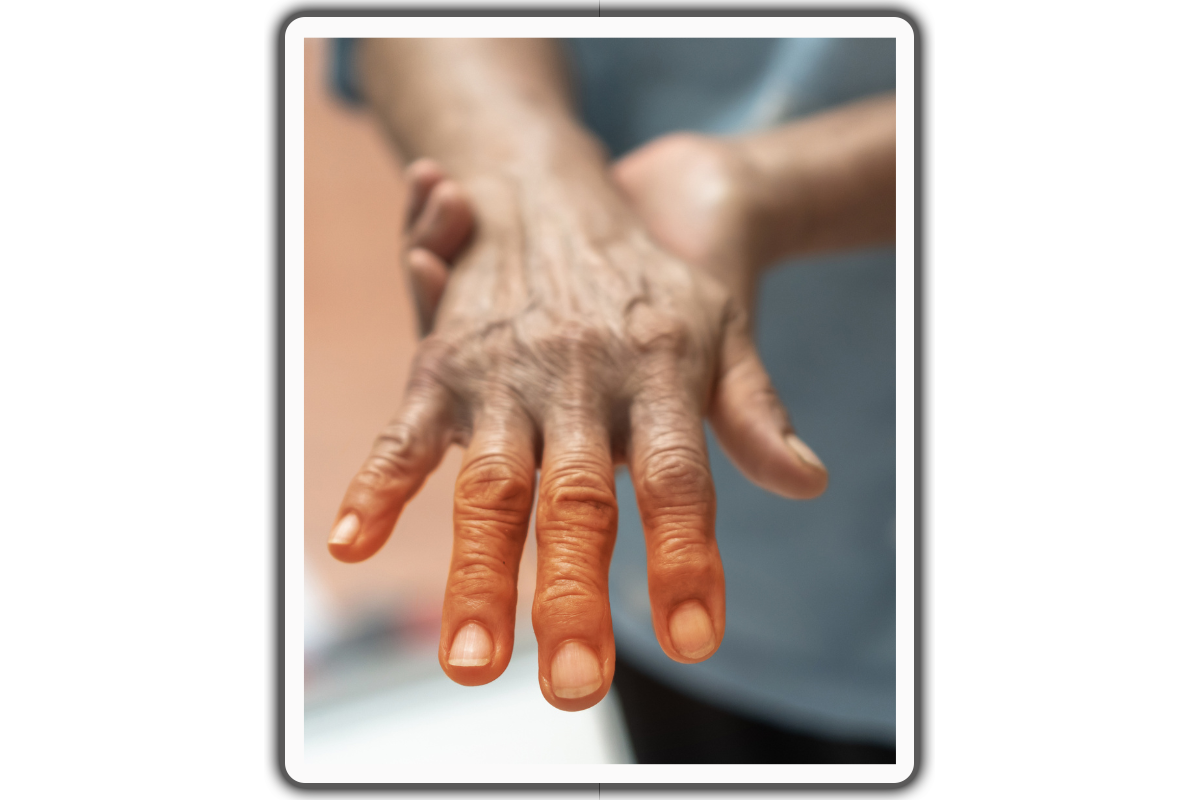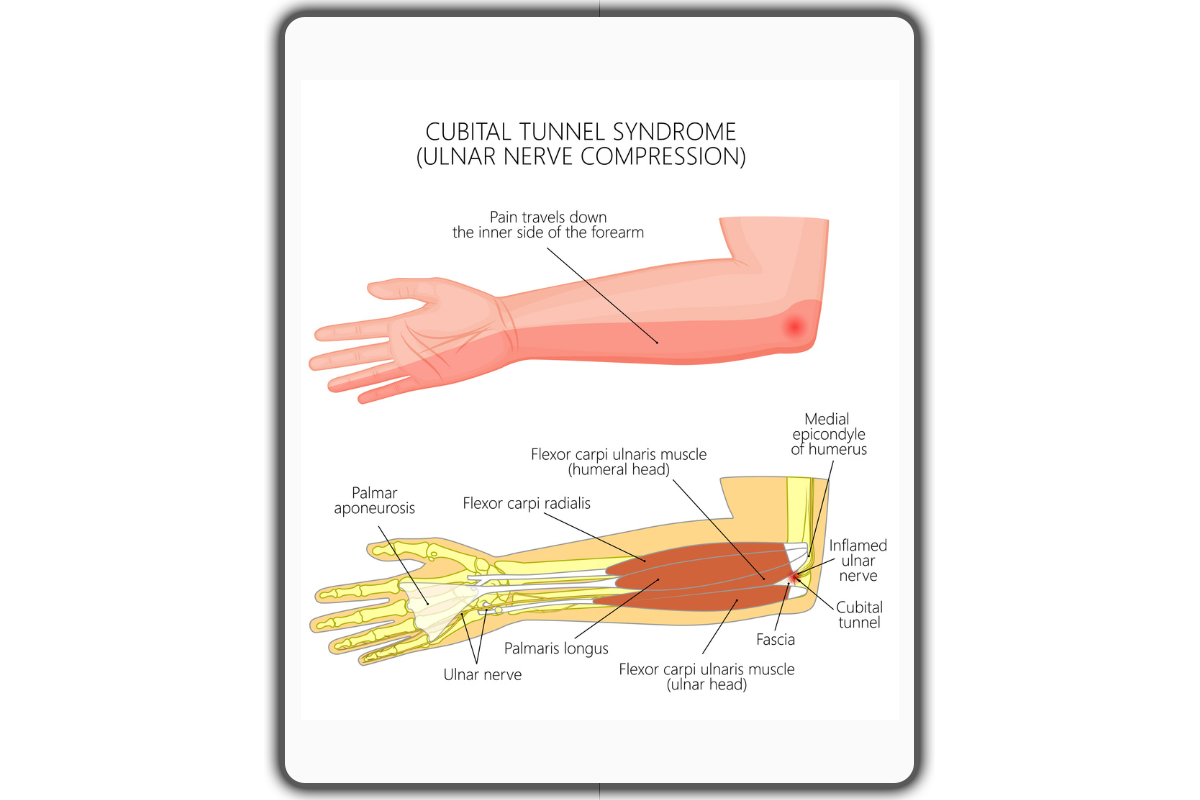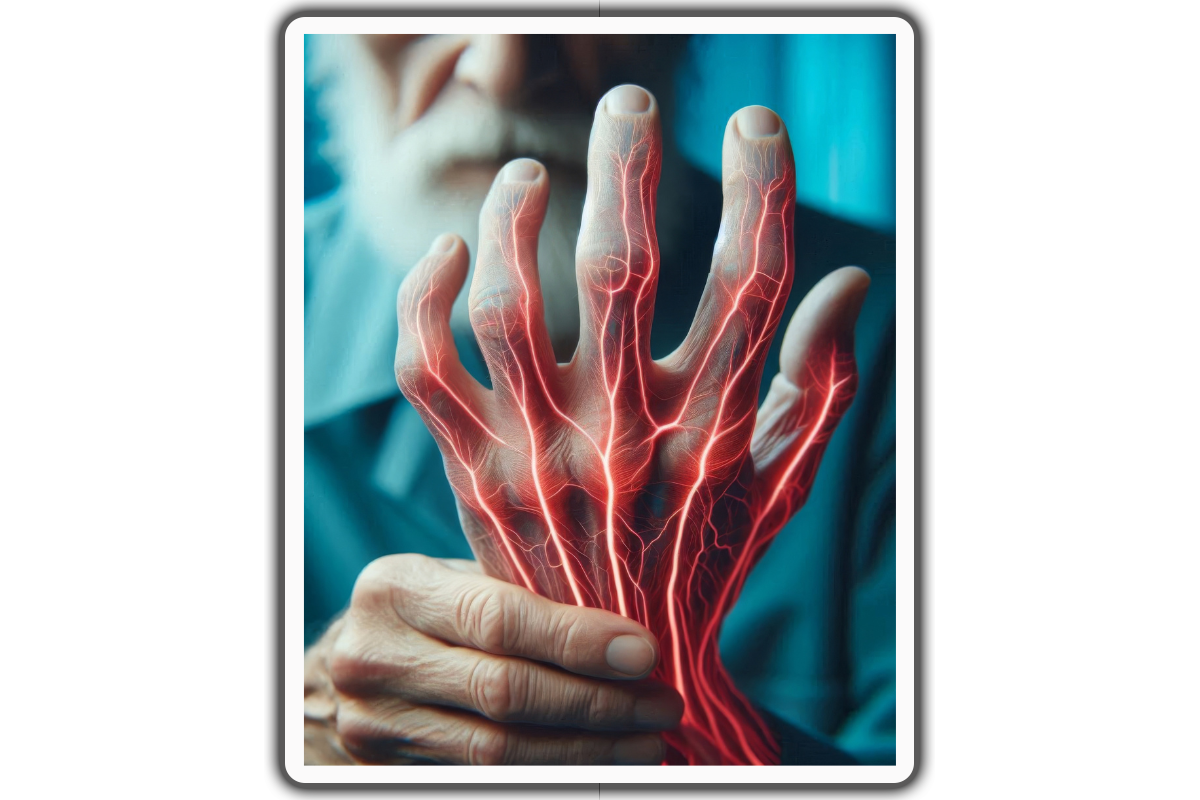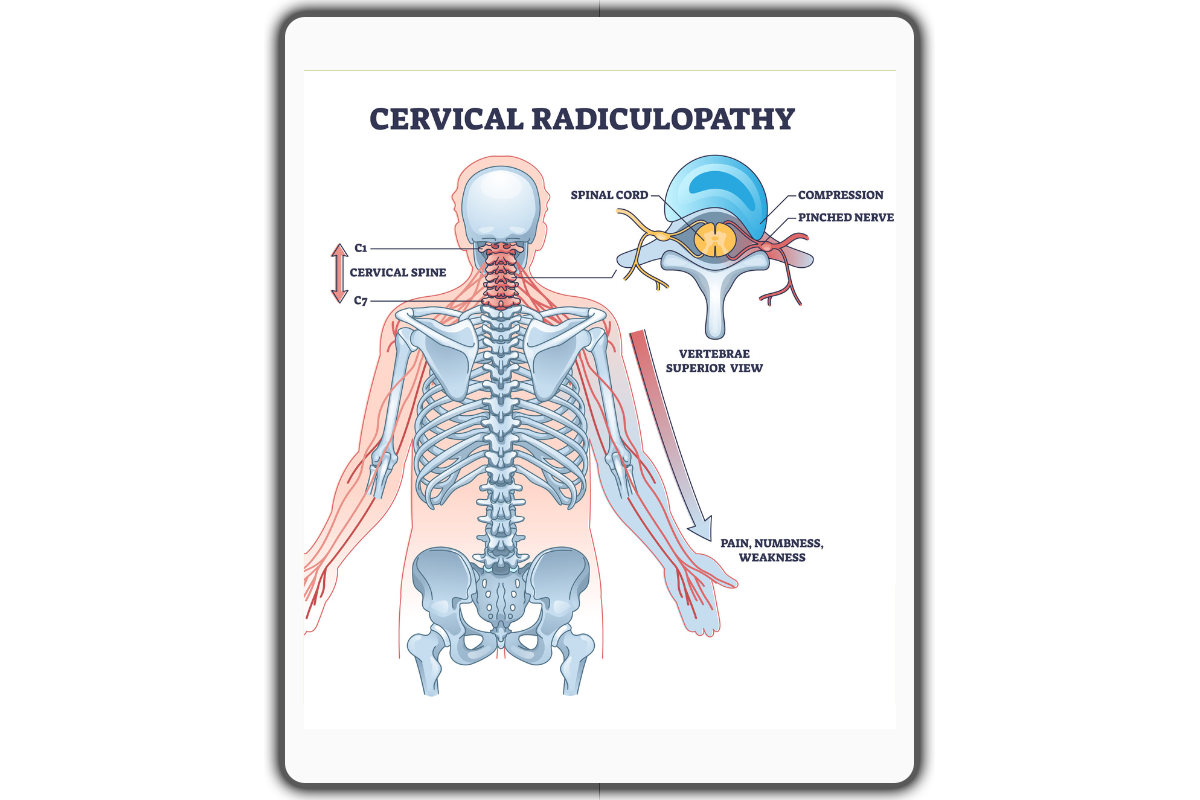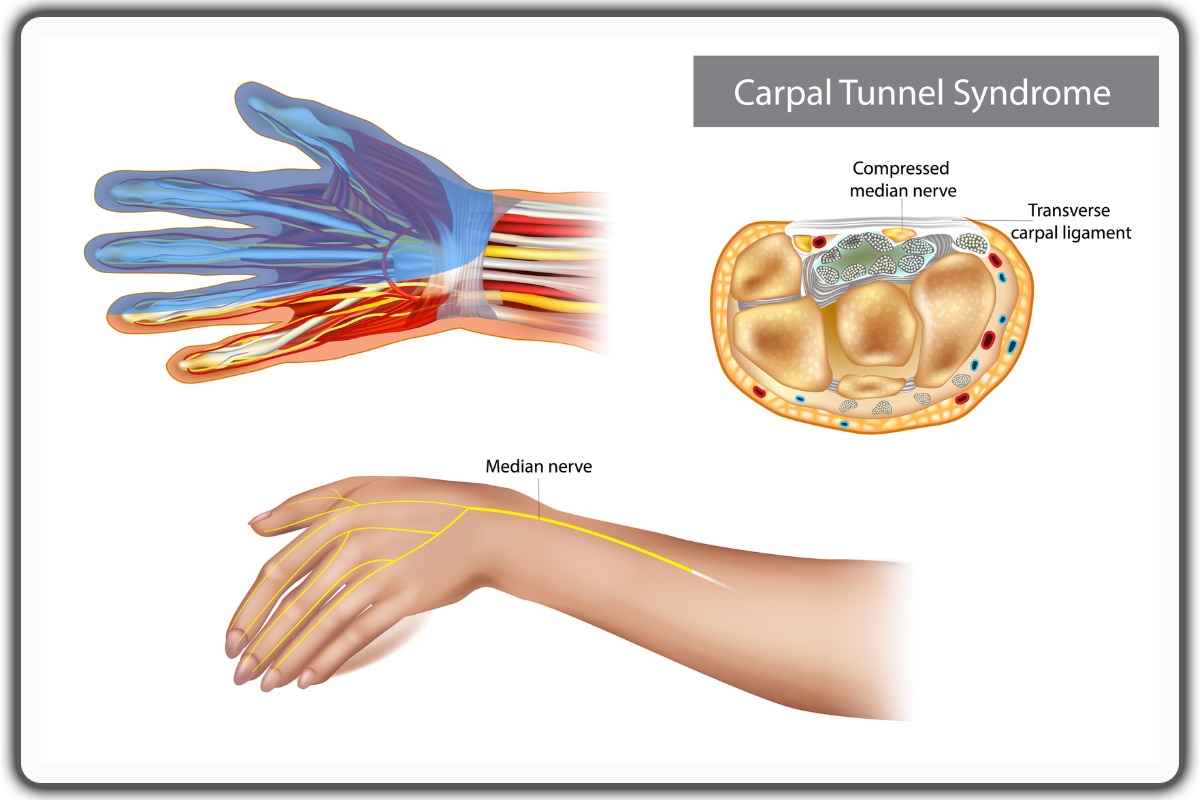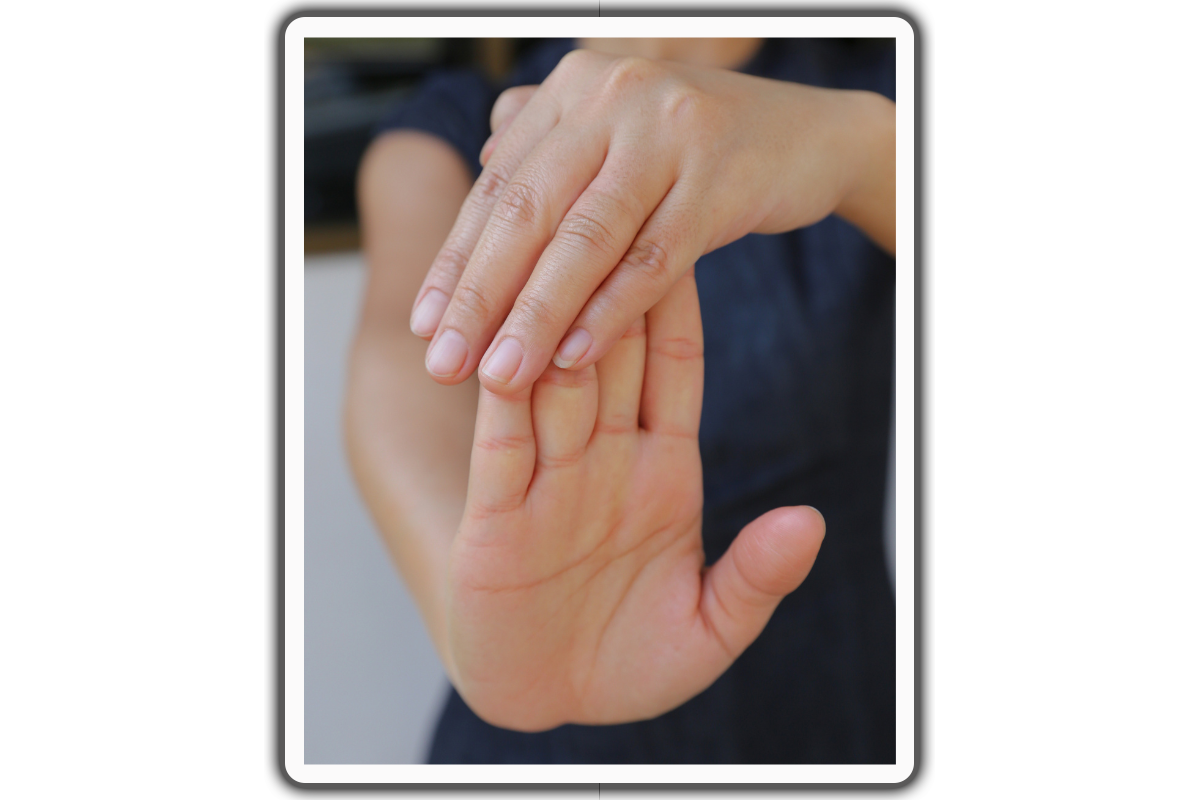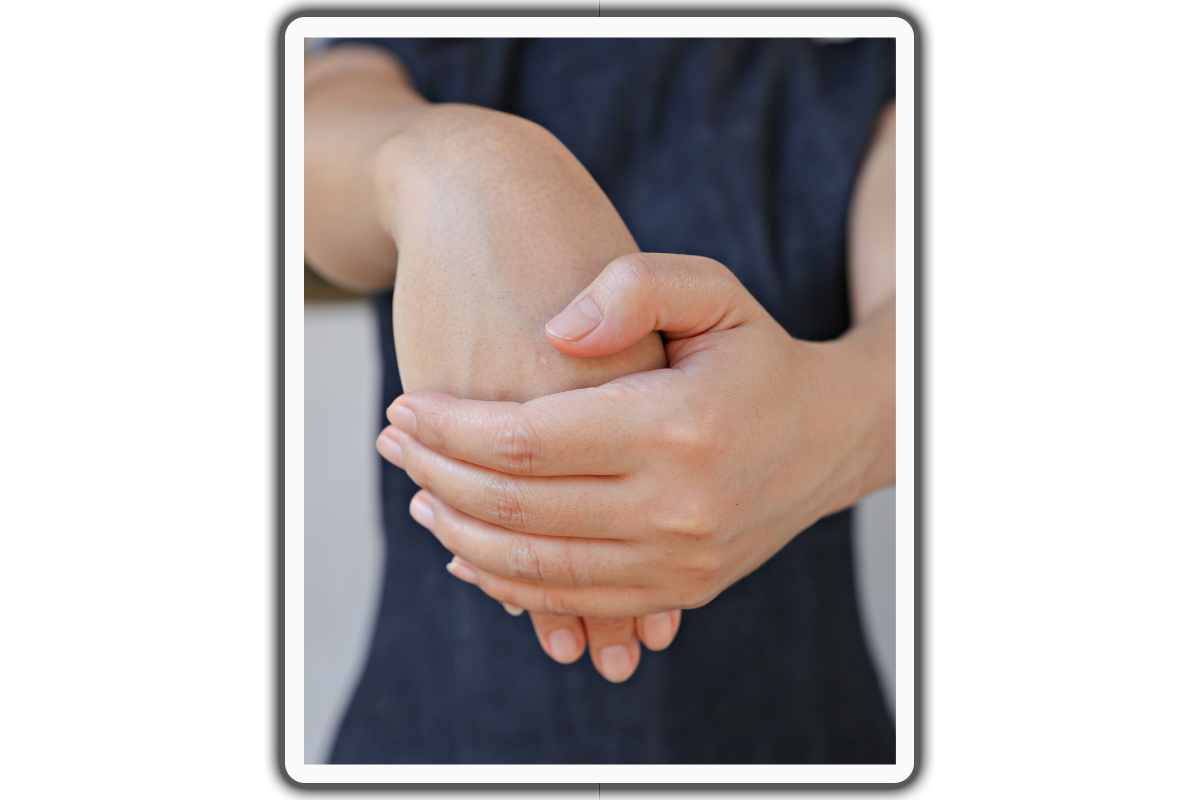Why Do My Fingers Go Numb When I Sleep? Causes, Solutions, and Prevention
Disclosure: This blog is for general information only and is not a substitute for medical advice. If you’re worried about numb hands or have ongoing symptoms, it’s always best to talk to a doctor or healthcare professional.
Have you ever woken up with numb fingers or hands?
I know I have, and it’s such a strange and frustrating experience. It feels like your hands just stopped working overnight.
At first, I wasn’t too worried, but the more it happened, the more I wanted to know what was going on.
Why are my fingers numb when I wake up in the morning? Is it how I sleep? Could it be something to worry about?
I did some digging to figure it out, and I want to share what I’ve learned.
From common causes to simple fixes, let’s get to the bottom of this so we can all wake up without that annoying numbness.
Why Do My Fingers Go Numb When I Sleep?
Here are the most common causes—and how you can address them with actionable solutions.
Causes
Waking up with numb fingers or hands is a common issue. Here’s why it might be happening:
Your Sleeping Position
How you sleep can have a big impact. Some positions can compress blood vessels or reduce blood flow, causing numbness and other symptoms. For example:
- Curling your wrists inward while sleeping.
- Placing your hands under your head or body.
These positions can cause pain and numbness in arms and hands while sleeping, which can wake you up in the middle of the night.
Nerve Compression (cubital tunnel compression)
Sleeping with your wrists bent or putting pressure on your arm can compress nerves like the median or ulnar nerve. This can make your fingers feel numb.
- Peripheral Neuropathy
Damage to peripheral nerves from conditions like diabetes can cause numbness and tingling in the hands and feet. This is often noticeable during periods of inactivity, such as sleep.
If you often find yourself waking up with numb hands and diabetes is a concern, this could be the reason.
Cervical Radiculopathy
A pinched nerve in the neck or spinal cord can lead to symptoms that radiate down the arm into the hand, causing numbness or tingling in the fingers.
Carpal Tunnel Syndrome
Doing the same hand movements over and over or holding your wrist in an awkward position can press on a nerve called the median nerve. This can make your fingers hurt or feel numb, especially your thumb, index finger, and middle finger.
Underlying Medical Conditions
Diabetes
High blood sugar can damage nerves, leading to diabetes-related nerve pain.
Vitamin B12 Deficiency
Low B12 levels can weaken your nerves and contribute to tingling or numbness in the hands.
Dr. John Erickson, a dual board-certified orthopedic surgeon and hand specialist, explains that carpal tunnel syndrome, diabetes, thyroid issues, rheumatoid arthritis, vitamin B12 deficiencies, wrist injuries, or repetitive hand movements often cause numbness in hands and fingers.
How Can I Stop Numb Fingers? Long-Term Fixes
Sometimes the numbness won’t go away without making changes to your daily habits. Here’s how you can fix it for the long run:
Do Daily Exercises
Stretching and strengthening your hands, wrists, and neck can make a big difference. Try:
Wrist Flexor Stretch
Begin in an upright standing or seated position, maintaining good alignment with your head, shoulders, hips, and legs. Extend one arm forward at shoulder level with your palm facing outward, fingers pointing up. Using your opposite hand, gently pull back on the extended fingers until you feel a comfortable stretch along your wrist and forearm, keeping your elbow straight and your shoulders relaxed. Hold the position for 15 to 30 seconds while breathing deeply, then release. Repeat the movement on the other hand.
Wrist Extensor Stretch
Begin in a standing or seated position with your back straight and shoulders relaxed. Extend one arm in front of your body with your palm facing toward you. With your opposite hand, gently pull the fingers of the extended hand, feeling a gentle stretch through the forearm and wrist. Hold the position for 15-30 seconds, ensuring you feel comfortable. Release and repeat on the opposite arm.
Median Nerve Glide (Nerve Flossing) ( requesting new stills)
exercise description reference: https://www.youtube.com/watch?v=f0RHZ6bnhxg
Important: Do not do these exercises if your fingers are curling up or fingers are really tight.
Median nerve glides can also be adjusted to include gentle stretches for a deeper release. Follow this step-by-step guide to perform the exercises safely.
Basic Median Nerve Glide
Begin in an upright sitting position on a chair with hands relaxed on your thighs and feet flat on the floor. Bring your hand up to shoulder height, keeping your elbow bent. Start with a loose fist and your palm facing forward. Slowly open your hand, straightening your fingers and positioning your wrist in a neutral position. Extend your thumb outward, then gently bend your wrist backward. Rotate your wrist outward and gradually straighten your arm, bringing it downward while maintaining the wrist position. Repeat the sequence smoothly and repeat 2–5 times, adjusting based on your comfort.
Variations:
Glide with Head Movement
Perform this to add a dynamic element.
Begin in an upright sitting position on a chair with your hands relaxed on your thighs and feet flat on the floor. Bring one arm to shoulder level with your palm facing inward and fingers straight. Extend your arm outward, ensuring your fingers remain straight. Visualize a string connecting your wrist and head, allowing your head to tilt away from your opposite shoulder as you straighten your wrist and extend your arm. As you return to the starting position, bring your head back in sync with your arm. Repeat the movement 5–10 times, each hand with control.
Shoulder Stabilization and Wrist Glide
Begin in an upright sitting position on a chair with your arms relaxed on your thighs and feet flat on the floor. Bring one hand below hip height, lower than 45-degree with your palm facing forward and fingers straight. With your opposite hand, lightly press down your shoulder to stabilize it in a neutral position. With your fingers straight, gently pull your wrist backward to feel a mild stretch, keeping your thumb extended. Return to the starting position. Repeat the movement 5–10 times, paying attention to any increase in tension or discomfort.
For more advanced stretch:
Median Nerve Stretch
Begin in an upright sitting position on a chair with your arms relaxed on your thighs and feet flat on the floor. Extend your arm to the side at shoulder height, with your palm facing upward. Slowly turn your head away from the extended arm, dropping your ear toward the shoulder. To intensify the stretch, flex your wrist downward. Return to the starting position. Repeat the movement.
Dr. Jo, a Doctor of Physical Therapy emphasizes that the exercises help move or "glide" the nerve to improve its mobility and reduce tension.
- Finger Squeeze and Release
For this exercise, you can use a stress ball or any soft object.
Begin in an upright standing position or seated position with your back straight and shoulders relaxed. Hold a stress ball firmly in one hand, then squeeze the ball by contracting your fingers and thumb inward, maintaining a steady grip. Hold the squeeze for 2-3 seconds before releasing your grip. Repeat the movement 10-15 times on each hand.
Neck Stretches
Begin in an upright standing or seated position with your back straight, and shoulders and hands relaxed, maintaining good alignment with your head, shoulders, and hips. Looking for a light stretch along the side of the neck, slowly drop one ear towards your shoulder. Hold the position for 10 - 15 seconds, breathing deeply to relax into the stretch. Return to the starting position and repeat the movement on the opposite side.
These stretches can help if you’re dealing with pain and numbness in your arms and hands while sleeping or even just general stiffness.
Fix How You Sleep
- Adjust your position so you’re not putting pressure on your hands or arms. For example:
Try sleeping on your back with your hands resting comfortably by your sides.
Avoid curling your wrists or tucking your hands under your head.
Ergonomic Sleeping Solutions
Wearing wrist braces at night can help keep your hands and wrist in a neutral position, reducing numbness in your hands and nerve damage. This is especially helpful if you have carpal tunnel syndrome.
An ergonomic pillow or mattress can help align your neck and prevent numb hands or nerve compression while sleeping.
Make Lifestyle Changes
- Take breaks if you’re doing the same hand movement over and over (like typing or using a phone).
Eat foods like salmon, eggs, and nuts, which are rich in Vitamin B12 and Omega-3s, for better nerve health.
Keep your body active with regular exercise to improve blood flow.
Add a wrist pad for your keyboard or mouse if you work at a desk.
Use over-the-counter pain relievers or apply a warm compress to relax muscles and improve blood flow before bed.
Symptoms to Watch For and When to Be Concerned
Occasional Tingling or Numbness
This is often caused by your sleeping position and numbness and usually goes away quickly when you adjust.
Persistent or Severe Symptoms
If you’re feeling numbness in pinky and ring fingers, wrist pain and numbness, or weakness in your grip, it could indicate something more serious like ulnar nerve compression or a medical condition like arthritis.
Tingling and Weakness
If you feel tingling, pain, or weakness along with numbness, it might be a sign of a bigger problem like carpal tunnel syndrome or a pinched nerve.
When Should I Be Worried About Numbness?
When to consult an expert?
Most of the time, waking up with numb hands isn’t serious. But you should see a doctor if:
Severe hand numbness
If it affects your daily life, ask your doctor about advanced treatments like corticosteroid injections or surgery.
Numbness doesn’t go away after changing your sleeping position
If the numbness doesn’t go away even after you change positions or move around, it could mean there’s a bigger problem, like a pinched nerve or poor blood flow.
Feel weak or have trouble gripping things
Feeling weak or struggling to hold things can mean the nerves that control your muscles are being affected.
Numbness spreads or gets worse over time
If the numbness starts to move to other parts of your body, gets stronger, or happens more often, it might mean the nerves are being damaged.
Need Personalized Advice? Here’s How to Get Help
Sometimes general tips aren’t enough. That’s when personalized support can make a huge difference.
One-on-One Guidance
- Book a session with a physical therapist or health coach online.
They can look at your symptoms, show you how to do stretches correctly, and recommend solutions tailored to you.
Join a Support Group
- Join an online group where people share tips and experiences.
- Ask questions and get advice from professionals in live Q&A sessions.
Ongoing Support to Track Your Progress
Improvement takes time, and having follow-ups can help you stay on track. Here’s what you can do:
Progress Check-Ins
- Keep a simple journal to track when the numbness happens and how often.
- Share your updates with a coach or therapist for feedback.
Adjust Your Plan
- Based on your progress, get new exercises or adjustments to your daily routine.
- Try new tools like braces, pillows, or supplements if needed.
How We Can Help You?
Contact us and let’s work together to solve this problem for good!
Final Thoughts
Waking up with numb fingers can be such a hassle, but luckily, it’s something you can usually fix. Small changes—like improving your sleeping position, trying wrist braces, or incorporating stretches—can make a big difference. If it doesn’t get better or gets worse, talk to a doctor to check for conditions like carpal tunnel syndrome, diabetes, or a pinched nerve in the neck. I’ve tried some of these tips myself, and they’ve worked wonders. Why not give them a shot tonight? Let’s wake up tomorrow with hands that feel great and no more tingling!
FAQs
How do I stop my hands from going numb when I sleep?
Adjust your sleeping position, wear a wrist brace, and try regular hand and wrist exercises.
What deficiency causes numbness in hands while sleeping?
Vitamin B12 deficiency is a common cause.
When should I worry about finger numbness?
Seek medical attention if numbness is persistent, severe, or accompanied by weakness or pain.
Can heart problems cause numbness in hands?
Rarely, but circulatory issues or nerve compression related to cardiovascular health may contribute.
References
- https://www.sleepfoundation.org/physical-health/numbness-in-hands-while-sleeping?utm
- https://neurolaunch.com/why-do-my-hands-go-to-sleep-at-night/?utm_source=chatgpt.com#google_vignette
- https://neurolaunch.com/why-do-my-hands-go-numb-when-i-sleep/?utm
- https://physioed.com/hand-neuropathy-exercises/
- https://neurolaunch.com/why-do-my-hands-go-to-sleep-at-night/?utm_source=chatgpt.com#google_vignette
Experts
Dr. John Erickson - https://www.johnericksonmd.com/news/numbness-tingling-hands-night/?utm
Dr. Jo (please note that the doctor didn’t disclose her full name) -
https://www.youtube.com/watch?v=f0RHZ6bnhxg
https://www.askdoctorjo.com/#google_vignette


